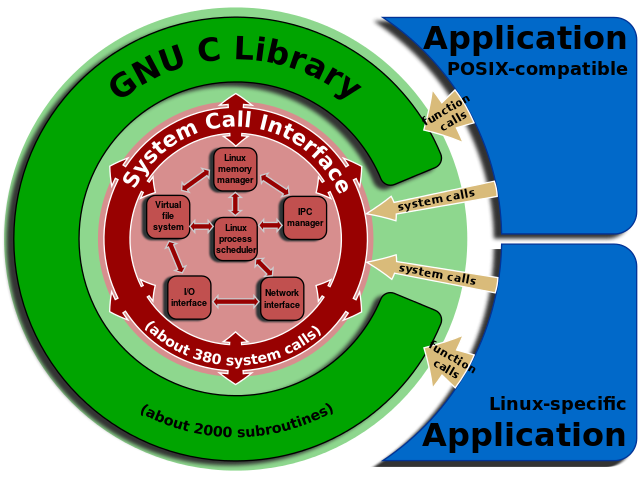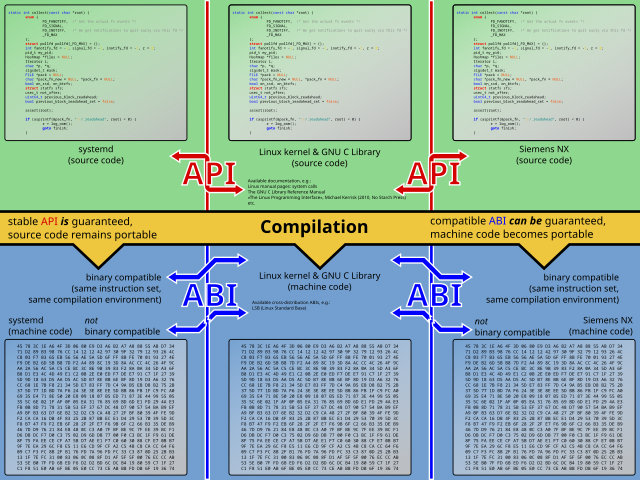Top Qs
Timeline
Chat
Perspective
Libhybris
Compatibility layer to run Android drivers on glibc or musl-based Linux systems From Wikipedia, the free encyclopedia
Remove ads
libhybris is a compatibility layer for computers running Linux distributions based on the GNU C library or Musl,[3] intended for using software written for Bionic-based Linux systems, which mainly includes Android libraries and device drivers.[4]



Remove ads
History
Hybris was initially written by Carsten Munk, a Mer developer, who released it on GitHub on 5 August 2012[1] and publicly announced the project later that month.[4][5] Munk has since been hired by Jolla as their Chief Research Engineer.[6]
Hybris has also been picked up by the Open webOS community for WebOS Ports,[7][8] by Canonical for Ubuntu Touch[6][9] and by the AsteroidOS[10] project.
In April 2013, Munk announced that Hybris has been extended to allow Wayland compositors to use graphic device drivers written for Android.[6][11][12] Weston has had support for libhybris since version 1.3, which was released on 11 October 2013.[13]
Remove ads
Features
Hybris loads "Android libraries, and overrides some symbols from bionic with glibc"[4] calls, making it possible to use Bionic-based software, such as binary-only Android drivers, on glibc-based Linux distributions.
Hybris can also translate Android's EGL calls into Wayland EGL calls, allowing Android graphic drivers to be used on Wayland-based systems. This feature was initially developed by Collabora's Pekka Paalanen for his Android port of Wayland.[6][14][15][16]
Remove ads
See also
References
External links
Wikiwand - on
Seamless Wikipedia browsing. On steroids.
Remove ads
